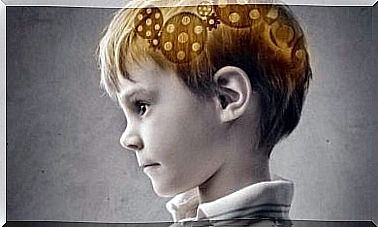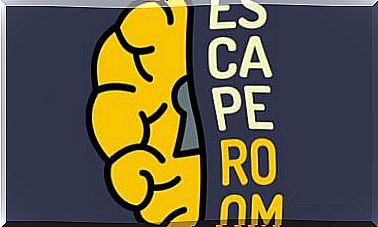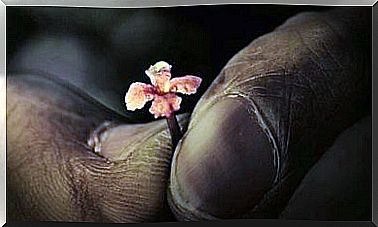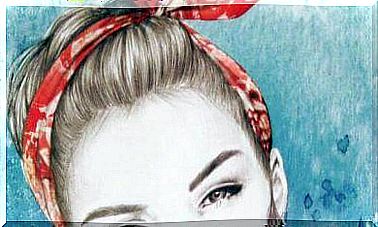Urgency Urinary Incontinence (key In Lock Syndrome)
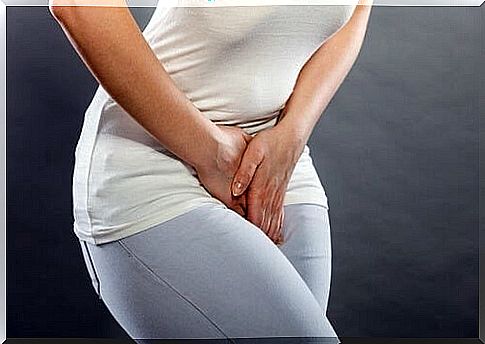
It will have happened to you during a meeting, focused on an important issue, that you have not taken into account the fact (or not noticed) that the time is approaching when you will no longer be able to hold your pee. We are talking about urgency urinary incontinence known as key in lock syndrome or latch syndrome.
Get in your car, keep thinking about the meeting, turn on the radio, drive home and park. And it is at this point, when you get out of the car and take the house keys that the urge to urinate increases and you feel that your bladder is about to burst.
Those 200 meters that separate you from the front door seem endless. Yes, endless: try to relax, to walk faster, but sometimes you don’t need to. And then, the height of despair, the moment you open the door and the elevator – as Murphy’s law dictates – is stopped on the twelfth floor.
This delays urination by a couple of minutes. When you get on the elevator, the feeling of urgency increases until you put the keys in the lock, and it’s like opening the door to heaven.
You head straight for the bathroom to the object of desire: that throne that grants you the immense pleasure of emptying your tortured bladder and, more importantly, that avoids the danger of peeing on you.
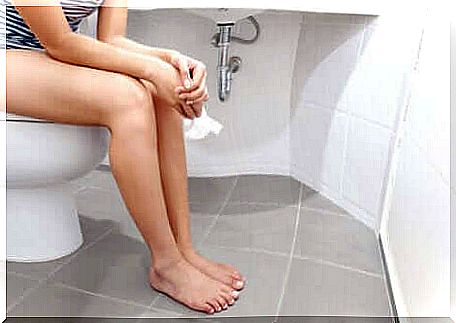
The same happens with intestinal motility. Everything seems under control until we feel an urgent urge, but the bathroom is far away.
Anxiety and tension immediately increase, produced by an attention focused on our “need”. Even the most demanding and fussy about hygiene, who would never enter a public toilet, are satisfied with any bathroom, clean, dirty, disgustingly unsanitary, etc.
The image of despair that one feels at the front door, as well as the frantic search for the public bathroom, applies to both needs. The question is: why this inability to hold pee just when you are close to your goal? What are the mechanisms that increase the desire to eliminate waste substances and how are they activated?
We are a unit
There is a profound connection between physiological need, organ (bladder or intestine), mind and body, attention and alertness, situational context and emotions (anxiety, tension, despair).
The truth is that if we made a list of the actions that are taken as soon as we cross the threshold of the house, going to the bathroom would undoubtedly win. It might seem like a minor issue, but this too has a scientific explanation, more specifically neurophysiological, biochemical, emotional and cognitive.
First, we must take into account the fact that we tend to dissociate the body from the mind. The Cartesian dichotomy continues to persist in us, like a germ that never dies.
Neuroscience, however, and particularly psychoimmunoneuroendocrinology, have shown that we are a body and a mind. And that none of these systems – immune, endocrine or nervous – function separately. And it is here that we find an explanation for a phenomenon that could appear trivial.
The scientific point of view on urge urinary incontinence
As we approach the goal, a series of biochemical changes occur. In the beginning, there comes the awareness that the bladder or intestines are full and, therefore, the state of alert. Focusing on this accelerates the urge to go to the bathroom. The more you focus, the more active you get.
On the other hand , the proximity to home, the place where we find safety and tranquility, accelerates everything. It is undoubtedly a stressful situation which, added to the mechanisms of fear (of not holding back pee), activates adrenaline and cortisol, anxiety-inducing tension in the abdominal muscles and the increase of a fixed idea: the toilet.
The feeling of not being able to hold your pee in front of the front door has a name: latch syndrome or urge urinary incontinence, which also extends to the urge to go to the toilet. This phenomenon shows the connection between the bladder, the intestine (or more precisely the gastrointestinal system) and the brain. The bladder associates the stimulus with returning home and this activates the urgency.
Urge urinary incontinence: other explanations
The image of keys jingling as we try to open the front door brings to mind Pavlov’s doorbell. This phenomenon therefore refers to conditioned reflexes.
This type of incontinence is comparable to Pavlov’s dog salivation. In his experiment, the Russian psychologist offered food to a dog and at the same time set a bell ringing. After a certain number of times, the dog would rise at the sound of the bell alone, even in the absence of food.
“ We associate the bathroom with our physiological needs and this activates the awareness of our bodily sensations, or the urge to go to the bathroom,” says Dr. Héctor Galván, director of the Madrid Institute of Psychology.
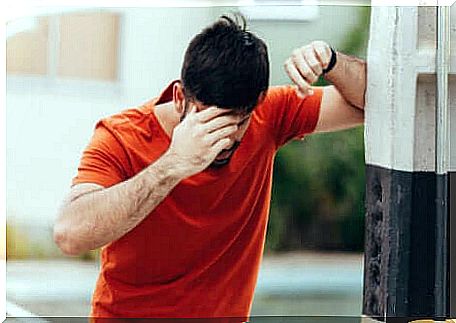
Environmental factors
Ghei and Malone-Lee have identified 4 environmental factors that can produce the urgent need to urinate. Getting up in the morning, the keys in the lock, the water running from the tap and the cold make the difference between “I can’t hold it anymore” and “oops, I peed on myself”. They also noticed that worry and fatigue aggravate this state.
For example, hearing the sound of running water is reminiscent of urinating in the toilet. Hearing a noise similar to when we excrete urine creates an immediate association, which produces an increase in the contractility of the bladder muscle (the detrusor).
On the other hand, three Columbia University researchers (Victor, O’Connell and Blaivas) conducted a pilot study to evaluate the environmental factors that can act as stimuli and cause conditioned reflexes. The results are in partial agreement with the researches of Ghei and Malone: in the first place, getting up in the morning; on the second, being close to the bathroom (88%); in third place, having a full bladder (76%) and in fourth place, opening the front door (71%).
We feel the need to pee with 150 or 200 ml of urine in the bladder. And when the bladder is very full, a sneeze, cough, or laugh can cause a leak.
All is not lost: controlling the irrepressible urge to urinate is possible.
It will be enough to calm down, reduce anxiety, not think of being close to the bathroom, “defocus” or get distracted by thinking about something else. All this helps to control the stimulus. Of course without exaggerating, for the health of our bladder and intestines.
After all, it is all in our brain that, like a leader, shapes, constructs and deconstructs reality in a team game. A synergy in which the mind, brain, emotions, thoughts and all the organs of our body participate.

